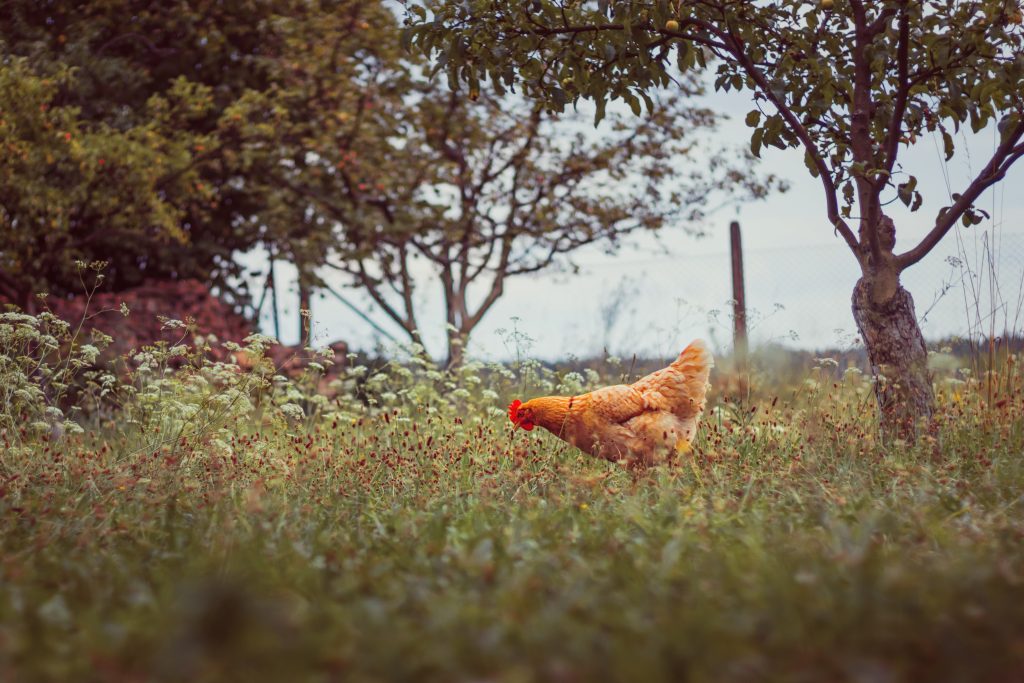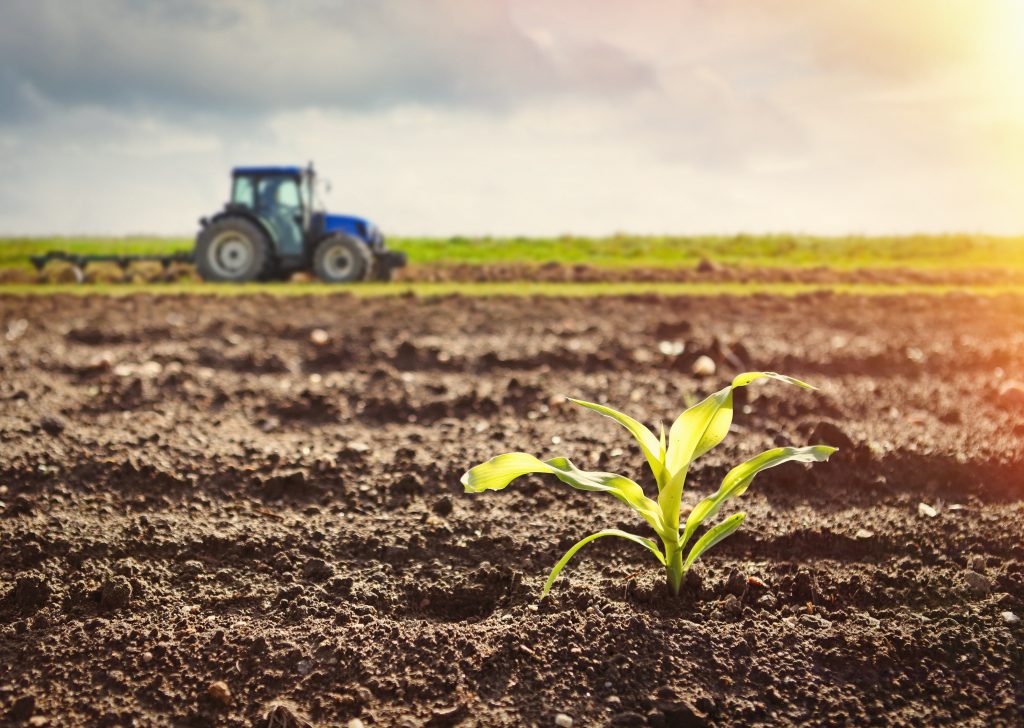Agronomy
Organic transition
What is it?
In Quebec, the term “organic” has been regulated since the late 1990s. According to Agriculture and Agri-Food Canada, “organic” refers to farms that maximize their productivity while maintaining or improving the fitness of the soil, plants, livestock and people.
In Quebec, organic farming is regulated by the Conseil des appellations réservées et des termes valorisants (CARTV) and is required to meet Agriculture and Agri-Food Canada norms. This type of production requires, among other things:
- Exclusive use of untreated or organic seeds
- The complete absence of synthetic inputs and genetically modified organisms
- The ability for animals to move around and go outside
When you make an organic transition, you change your practices to meet these norms. You also carefully document any changes you make to your practices. Finally, an accredited certification body verifies and validates everything.
What’s in it for me?
Although it takes up less than 5% of Quebec’s farmland, organic farming has grown rapidly since 2017. By transitioning to organic, you access a promising market.
In addition, there are many financial aids to support you in this transition.
Logiag’s advantage
Making a transition to organic agriculture requires several 180 degree turns.
Our agronomists have all the experience required to support you, whether it is:
- Implementing practices that compensate for the absence of synthetic inputs
- Adopting new methods of fertilization or weed control
- Observing the evolution of the nitrogen that cover crops and manure bring to the soil
- Adjust your equipment
- Submit grant applications



